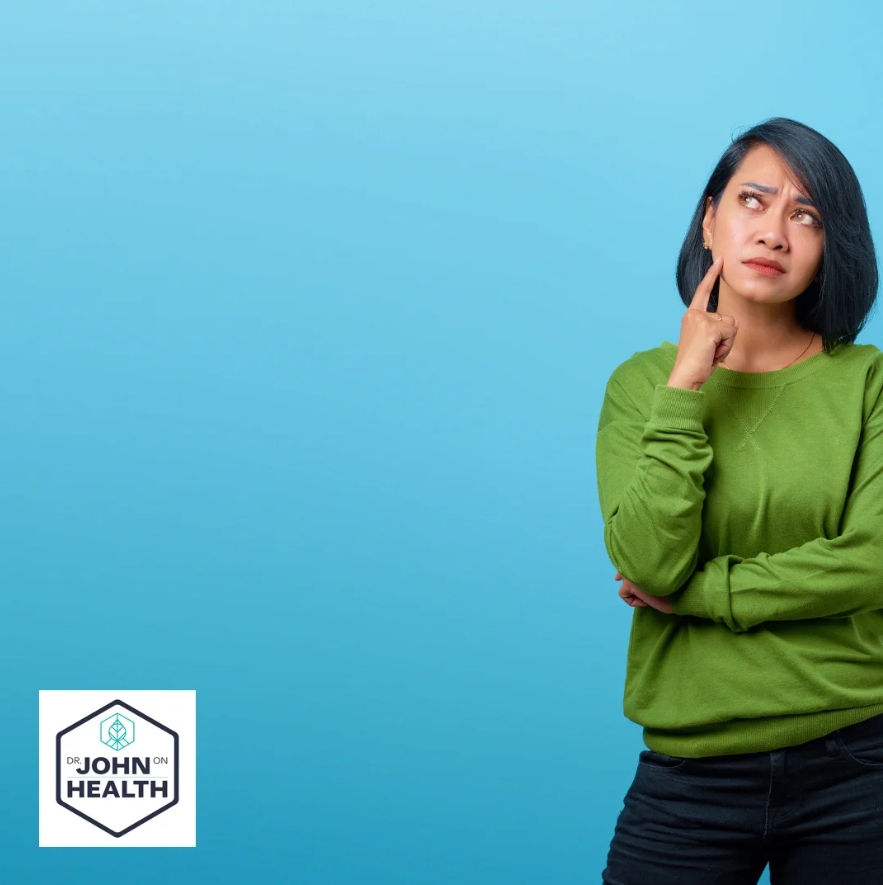
These are questions that you can ask your doctor about the lifestyle conditions covered in my book, Your Health Is At Risk. The goal of these questions is not to embarrass your doctor but to help you gain a clearer understanding of the real medical science of your condition and its treatment.
However, some of these questions may challenge your doctor to also question whether what he or she believes is accurate. This is potentially an opportunity for your doctor to update his or her knowledge on the topic and even rethink your treatment plan.
Doctors are not right all the time, and sometimes patients must challenge them to go deeper in their understanding of the cause of a lifestyle condition and how best to help you prevent or eliminate it. The questions below are ones whose answers are in this book.
If you believe your doctor is not answering the questions well enough, I encourage you to gift them with a copy of this book.
Pandemics
1. How do masks work? How can I find a mask that works best for me?
2. Can I get an infection by getting vaccinated with the same virus?
3. Why do some people get infections even after getting vaccinated?
4. Do I have to take the Covid vaccine every year?
5. Why do children experience less severe Covid symptoms?
Type 2 Diabetes
1. How does oral medication reduce the glucose in my blood?
2. What is the reason for my body to resist insulin?
3. Is there a test to know the degree of my insulin resistance?
4. My friend needs dialysis in spite of taking insulin. Will I have to do the same?
5. Will my children develop diabetes? Have they discovered a gene for diabetes?
Body Weight, Diets, and Eating for Nutrition
1. I have normal blood glucose and cholesterol. My brother who is shorter and weighs less than me needs medicines to control blood sugar and cholesterol. Can you explain why?
2. If I already have energy stored as fat, why do I feel hungry?
3. When hungry, I eat almost the same amount of food to feel full. My toddler child eats varying amounts at each meal. Can you explain this?
4. Is it better to eat smaller meals several times per day compared to fasting for longer periods to control my weight?
5. Do you think exercise can prevent obesity and diabetes, even in an older person who has less muscle mass?
Cancer
1. It is told that gene mutations cause cancer in adults. Is this true for children too?
2. If cancer cells naturally occur in the body all the time, can we cure cancer?
3. I am a cancer survivor. How can I slow the growth of any cancer cells that may still be present in my body?
4. Can I improve my immune system to fight cancer by consuming a wide range of nutritious foods?
5. Will my children inherit cancer genes?
Cardiovascular Disease
1. Can you explain the role of good (HDL) cholesterol? What does it actually do?
2. What happens to the cholesterol that is removed from my blood when I take a cholesterol-lowering medication? Where does it go?
3. Can I consume bran from grain and get the benefits of whole grain?
4. Can’t I get the same nutrients as I do in grains from the bran of seeds and nuts?
5. I have high blood pressure, but I still enjoy salty foods. Is it possible to still enjoy foods if I gradually reduce the food salt content slowly?

Your Health Is at Risk
In 2020, there were over 122 million people in the U.S. diagnosed with elevated blood glucose, 34 million with the diagnosis of Type 2 diabetes, and 88 million diagnosed with prediabetes, yet their hope for healthy living is thwarted by medical dogma, disinformation, misinformation, and missing information.
Disinformation, Misinformation, and Missing Information, which is abbreviated “DMMI”, fuels growing health illiteracy and unhealthy lifestyle choices. This drives not only increases in Type 2 diabetes but also cancer, cardiovascular diseases, COVID-19, and other illnesses considered lifestyle diseases.
As described in my 5th book, Your Health Is at Risk, a literate person in today’s world is aware that the traditional media and social media are swarming with intentional disinformation about many topics, from politics to finances, to health advice and diet plans. Literacy, critical thinking, and a tolerance for reading scientific material are absolutely necessary to detect such disinformation.


